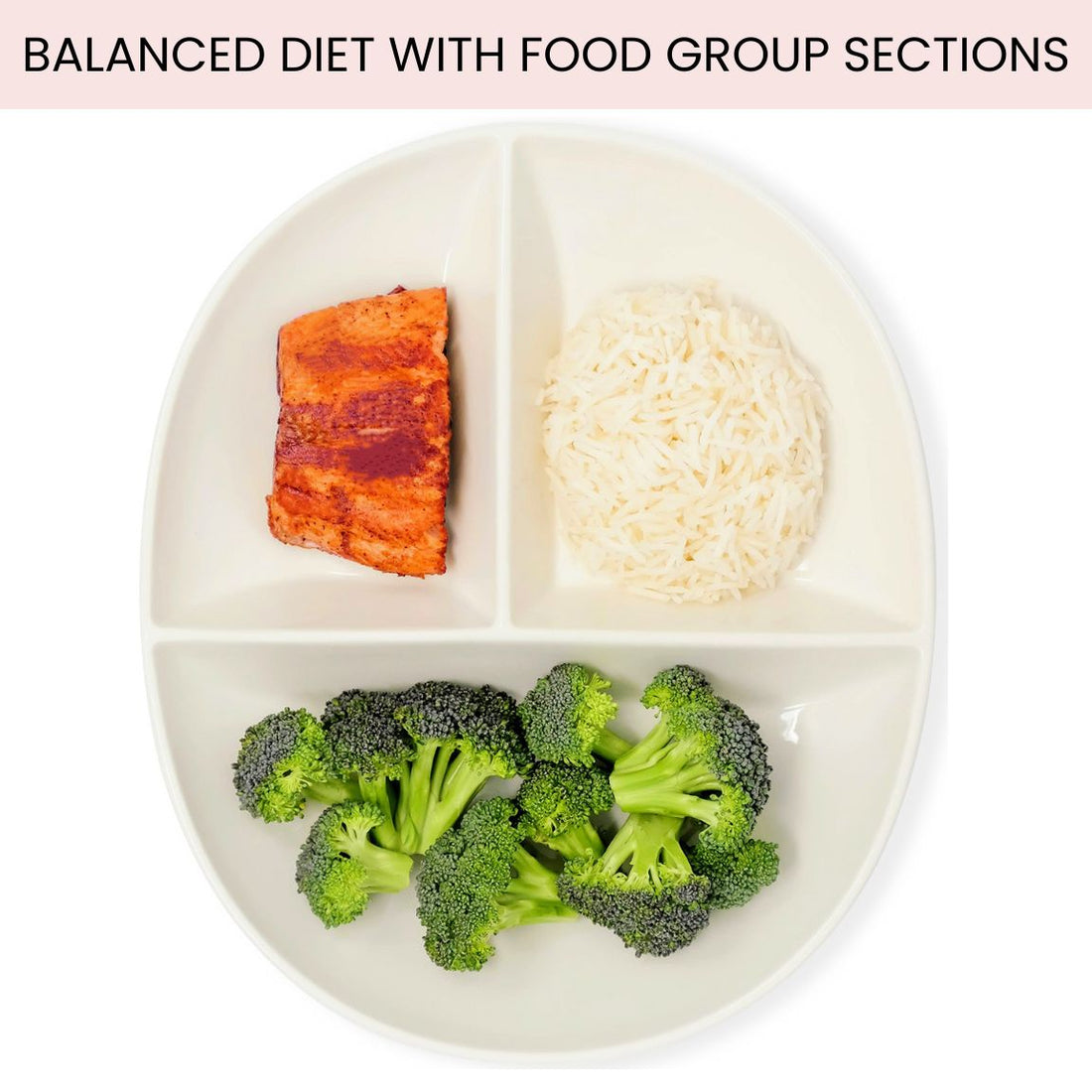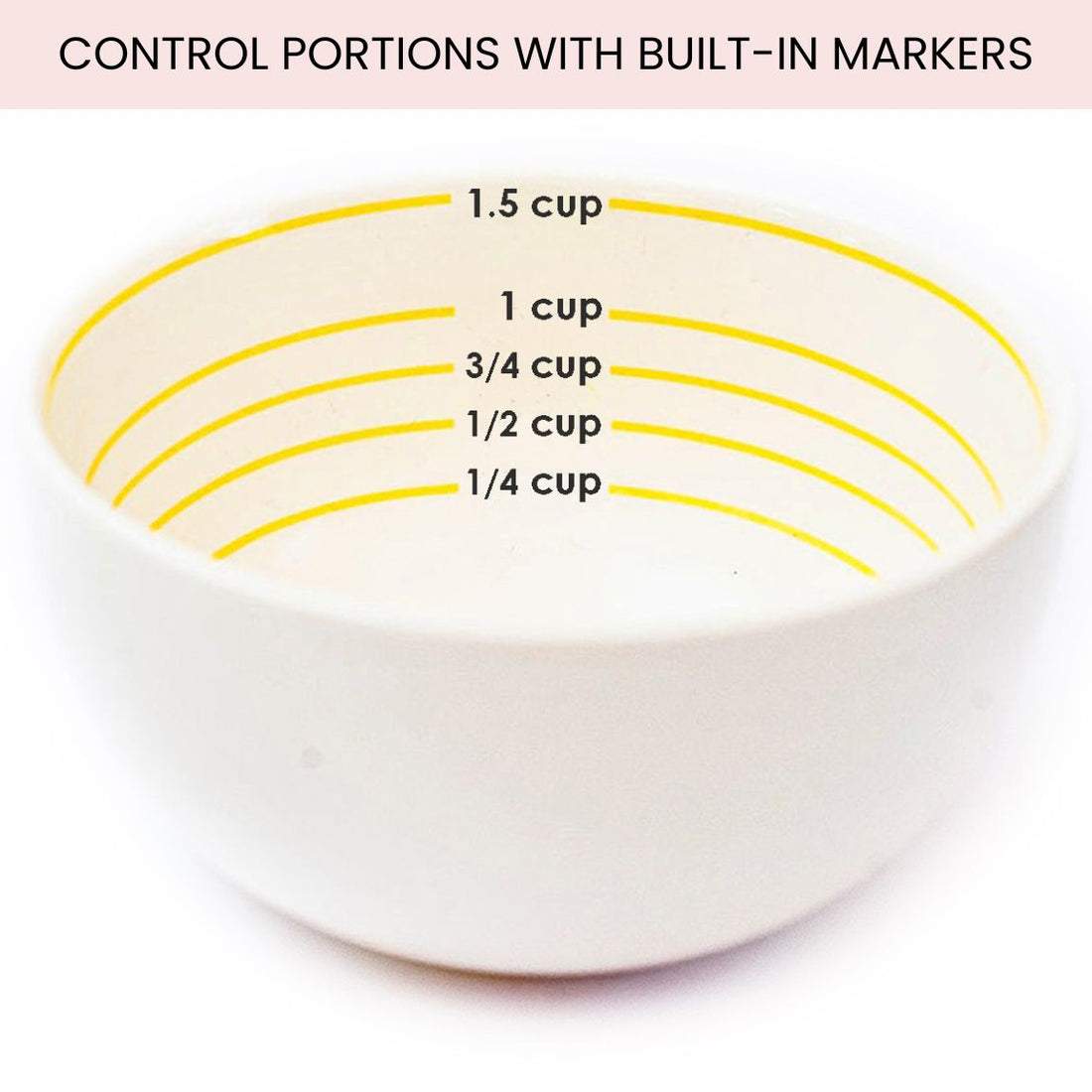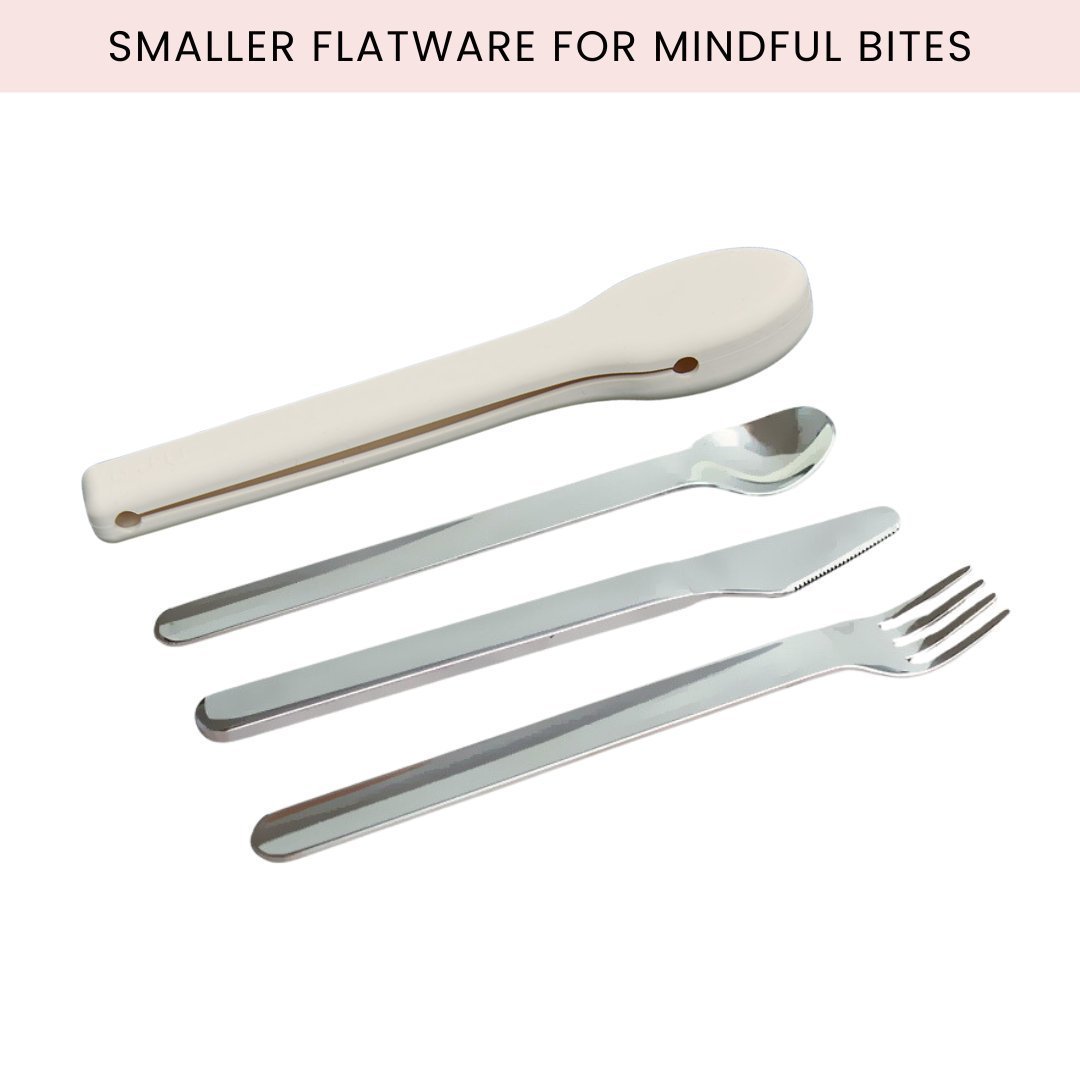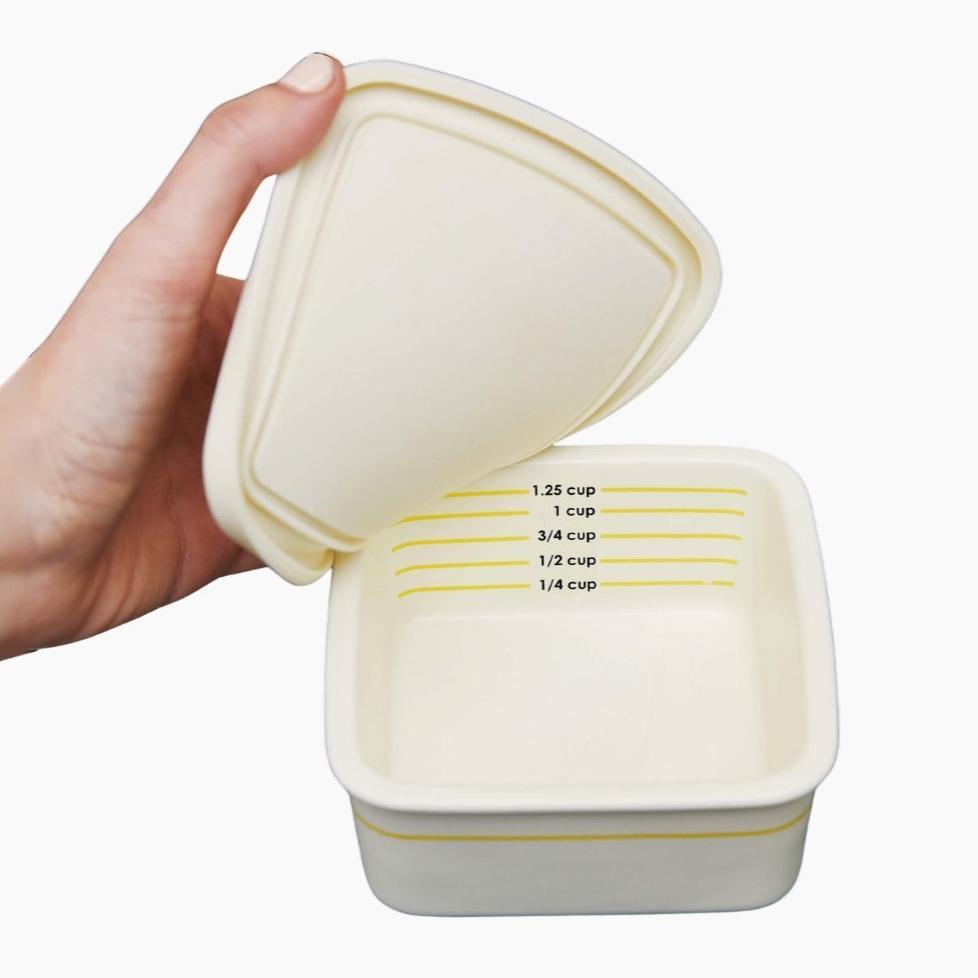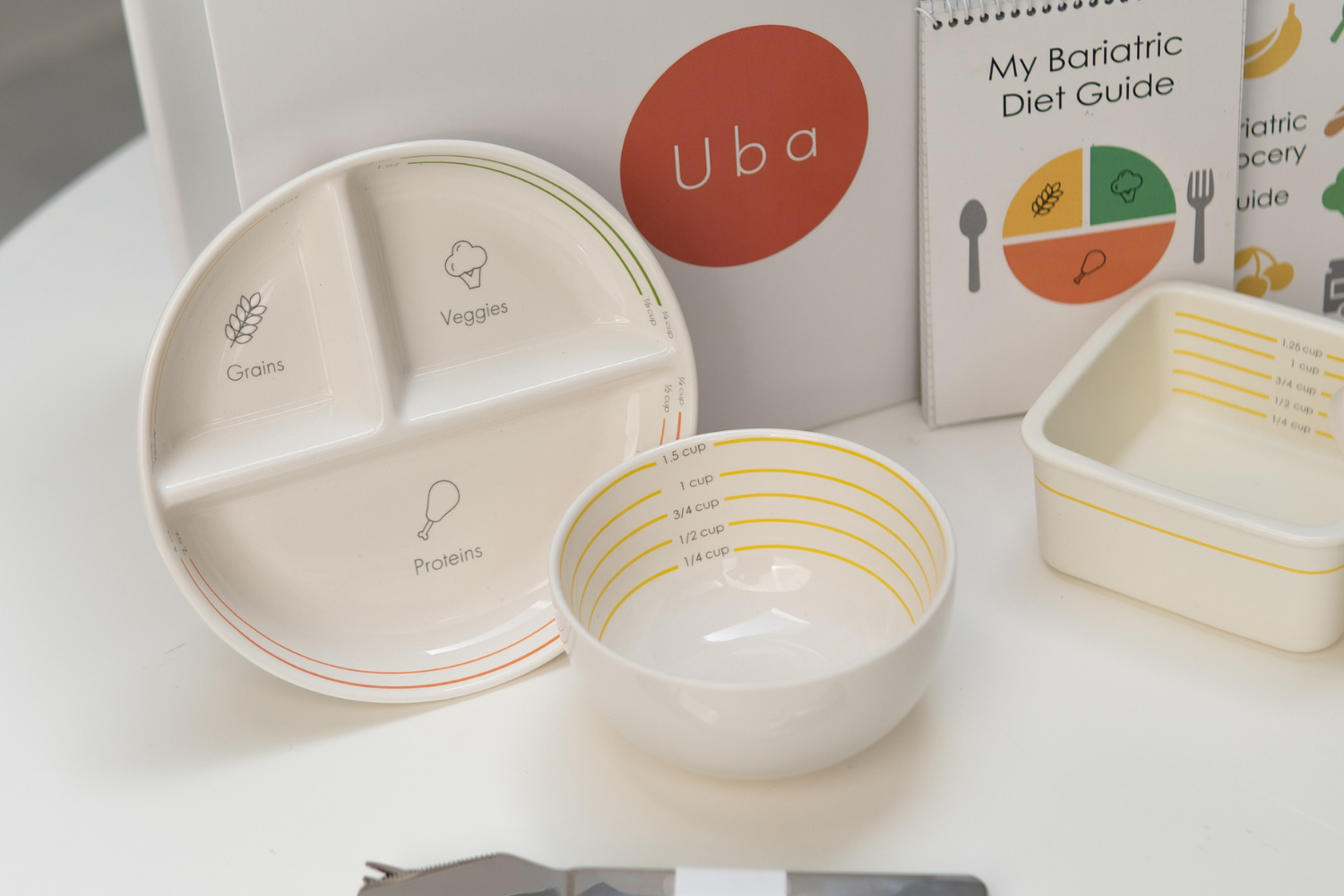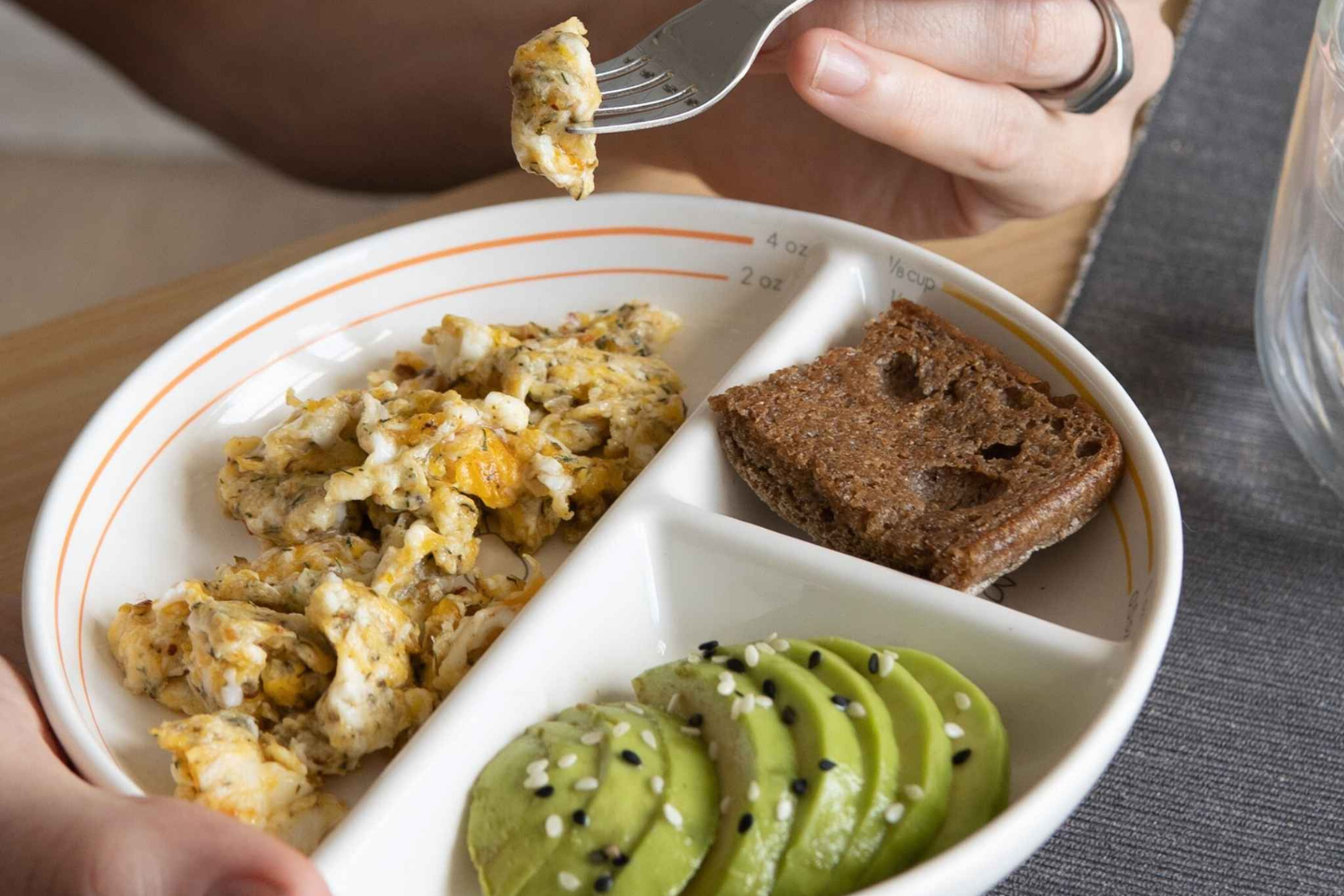After bariatric surgery, meeting your daily protein needs is essential for a smooth recovery and long-term weight management. Protein is not only crucial for healing but also for maintaining muscle mass and keeping you feeling full longer. As a bariatric patient, you need to carefully choose your protein sources to ensure that they are high-quality and easily digestible. This blog will cover the best protein sources for post-op bariatric patients and how to incorporate them into your daily diet for optimal results.
Why Protein is Essential for Bariatric Patients
Protein is the cornerstone of a successful post-op diet. It plays a significant role in healing, muscle preservation, and satiety—helping to reduce the risk of malnutrition and maintaining energy levels. For bariatric patients, protein is even more important because the surgery reduces the amount of food you can consume, making it crucial that the foods you do eat are nutrient-dense. Some protein benefits include:
- Muscle Preservation: Prevents muscle loss during rapid weight loss
- Healing and Recovery: Supports tissue repair after surgery
- Satiety: Helps you feel full, reducing hunger and aiding weight loss
Bariatric patients need around 60-80 grams of protein per day, depending on individual needs and recommendations from their healthcare provider. With limited stomach capacity post-surgery, protein should always be prioritized at each meal.
Best Animal-Based Protein Sources
Animal-based proteins are generally complete proteins, meaning they contain all essential amino acids necessary for the body on their own. These sources tend to be easily absorbed by the body, making them an excellent option for bariatric patients.
| Animal Protein Source | Benefits |
|---|---|
| Chicken Breast | Lean, high-protein option with minimal fat |
| Fish (Salmon, Tuna) | Rich in protein and omega-3 fatty acids for heart health |
| Turkey | Lean and easy to digest, a great alternative to red meat |
| Eggs | Affordable, nutrient-dense, and versatile |
| Greek Yogurt | High in protein and probiotics for digestive health |
These protein sources should be consumed in small portions throughout the day. Be mindful of chewing your food thoroughly to aid digestion and prevent discomfort, especially in the early stages post-op.
Best Plant-Based Protein Sources
If you’re vegetarian or want to incorporate more plant-based proteins into your diet, there are several high-quality options that can still meet your protein needs. Plant-based proteins are typically lower in fat and contain fiber, which is great for digestive health.
| Plant-Based Protein Source | Benefits |
|---|---|
| Tofu | Low-fat, high-protein soy option that’s versatile |
| Lentils | Rich in protein and fiber, promoting satiety |
| Quinoa | Complete protein and gluten-free grain |
| Edamame | High in protein and fiber, low in fat |
| Chia Seeds | Rich in protein, fiber, and omega-3 fatty acids |
While plant-based proteins are generally lower in calories, they may not provide as much protein per serving as animal sources, so it's essential to monitor portion sizes to ensure you’re hitting your daily protein goals.
Protein Supplements: A Convenient Option
Because bariatric patients have smaller stomachs and can eat less, it can sometimes be challenging to meet protein needs through food alone. This is where protein supplements come in. Protein shakes, powders, and bars can help you get enough protein, especially during the early post-op phases.
| Protein Supplement | Benefits |
|---|---|
| Whey Protein Isolate | Fast-digesting, high-quality protein with minimal lactose |
| Plant-Based Protein Powder | Good alternative for lactose intolerance, usually made from pea or hemp |
| Protein Bars | Convenient and easy to carry for on-the-go nutrition |
| Ready-to-Drink Protein Shakes | Pre-packaged, portion-controlled, and portable |
When selecting a protein supplement, make sure to choose options that are low in sugar and fat. Also, consult your healthcare provider to ensure they fit into your diet plan.
Tips for Maximizing Protein Intake Post-Op
Getting enough protein is not just about choosing the right foods—it's also about how you structure your meals and snacks throughout the day. Here are some practical tips to ensure you’re meeting your protein goals:
- Prioritize Protein at Every Meal: Always eat your protein-rich foods first to ensure you’re meeting your daily protein target.
- Small, Frequent Meals: Bariatric patients often benefit from eating smaller meals 5-6 times a day to hit their protein needs.
- Meal Prep: Prepare high-protein meals and snacks in advance to avoid reaching for low-nutrient foods when you’re hungry.
- Hydrate Between Meals: Drink water or non-caloric beverages between meals to stay hydrated without filling up your stomach during meals.
- Chew Thoroughly: Properly chewing food helps digestion, which is especially important for protein absorption.
These tips will help you incorporate enough protein into your post-op diet without feeling overwhelmed or uncomfortable.
Conclusion: Protein is Key for Bariatric Success
For bariatric patients, protein is a critical component of a successful post-op diet. Whether from lean meats, plant-based sources, or protein supplements, your body needs protein for healing, muscle preservation, and feeling full. By prioritizing high-protein foods and following these guidelines, you’ll ensure your body gets the nutrients it needs to support your weight loss journey and maintain your overall health.
Remember to consult with your nutritionist or healthcare provider to customize your protein intake according to your personal needs and recovery phase. With the right protein sources, you can thrive after bariatric surgery and reach your long-term goals.



